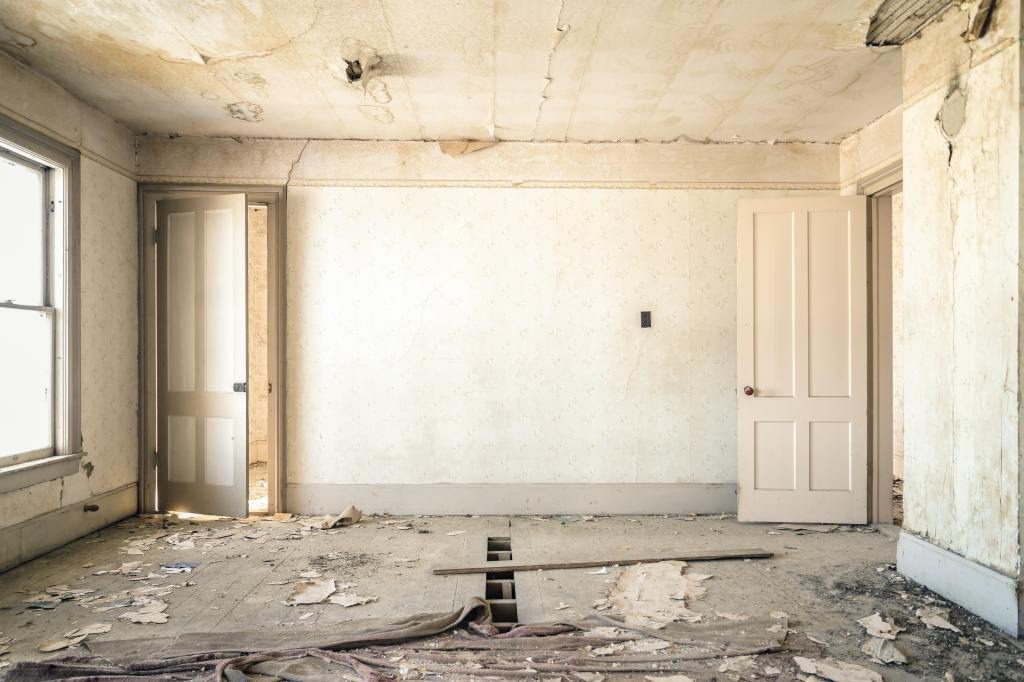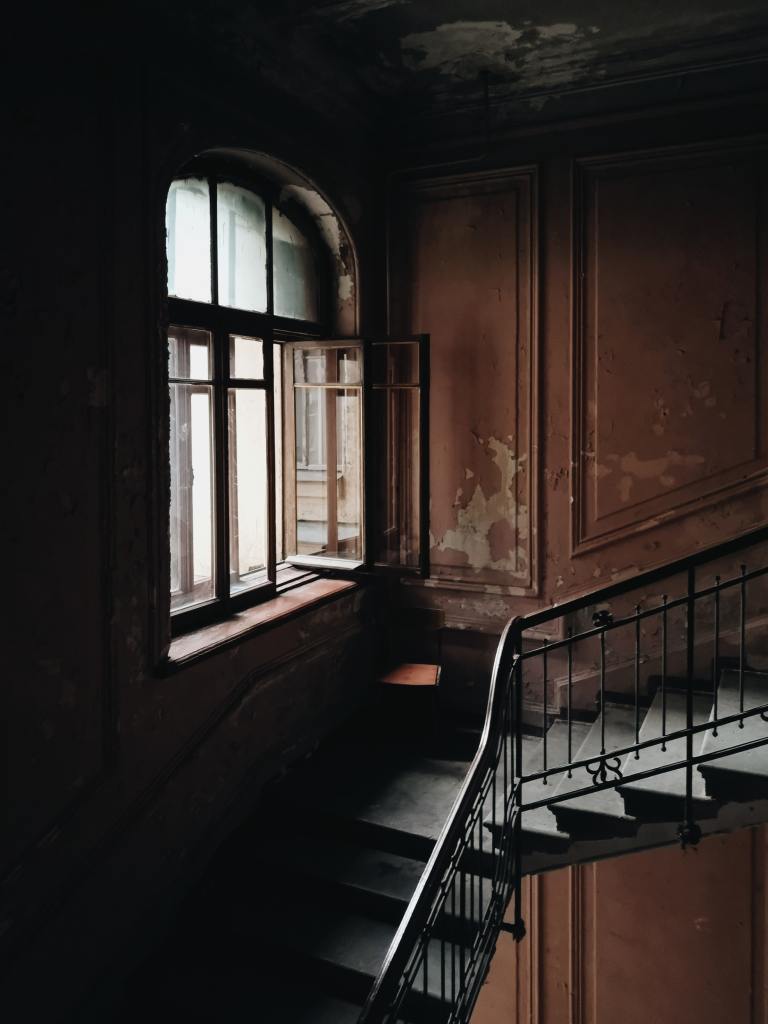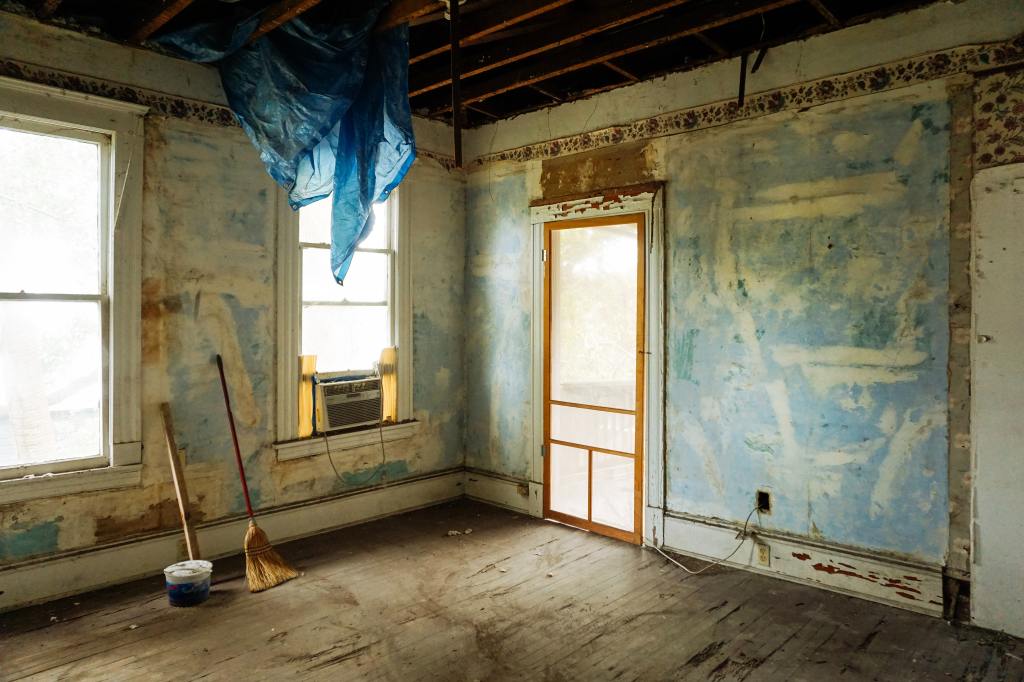Why do Empty Houses Deteriorate?

When a building or home is left vacant, it’s important to keep in mind that things may start to deteriorate. Abandoned buildings have a tendency to fall apart at a rate much faster than those that are being lived in and cared for.
You may wonder why this is – why do abandoned buildings tend to fall apart so quickly without a resident living in them? What can you do to care for a vacant or abandoned house to mitigate this issue? Read on to learn the top reasons why a building can deteriorate, as well as how to maintain it.
Reasons for Deterioration of Abandoned Properties
A vacant or abandoned home will often fall victim to a variety of issues, all of which can cause the home to deteriorate more quickly than if someone were living there and caring for it. Here are some issues that you may come across with an abandoned building:
Water
Water is one of the primary reasons that vacant or abandoned building will start to decay. If water from precipitation, such as rain or snow, gets inside the home and is not attended to, this can cause a lot of damage. Water damage can include dissolving drywall, rotting wood, rusted metal, and melted plaster. In the winter, water that freezes in the home can compromise the strength of the concrete and masonry in the home.
Weather
Vacant or abandoned buildings have to withstand the elements that come with changing weather as well. In the warmer seasons, water can seep into the walls of the home and cause dampness. In winter, frozen water can compromise the strength of the walls. Metal elements of the building will often corrode if they are not properly maintained.
Overgrown Vegetation
When a building is left uninhabited, nature often starts to take over. If water starts to get inside of a building, this can also lead to plants and other vegetation growing inside of the building. The walls and ceilings can end up covered with plants, and the growth can even cause the walls or ceiling of the abandoned structure to crack.
Construction Material
The materials that a building is constructed from have a huge impact on the building’s ability to withstand the elements. A building made from wood can decay in 50 years. One made from cement will last about 50-100 years. A stone building can last more than a century.
Lack of Regular Maintenance
When a building is lived in, any issues that arise are quickly fixed by the people living there. For this reason, inhabited buildings will deteriorate at a much slower pace. However, if a building is uninhabited, these same issues are left unattended, and they can grow and lead to worse problems, such as the abandoned home eventually starting to decay.
Vandalism
Vandalism is a huge issue that faces vacant buildings. People will often enter an empty building and spray paint graffiti, knock down walls, or even break things for no reason.
Termites and Pests
A termite or pest infestation might be quickly noticed if a building is lived in, but it will often go unchecked in a vacant property – which means that the damage will happen very quickly.

How to Maintain a Vacant Property
Now that you know some of the hazards that face a vacant property, you may be wondering how you can avoid or mitigate these issues. Here are some tips for caring for a vacant building or home!
Keep the right temperature
Be sure to keep the air on so that the vacant property maintains room temperature. This will prevent issues such as the pipes bursting, and will allow for a consistent air flow throughout the property.
Install Security Systems
To prevent vandalism of the property, be sure to install security systems and cameras. This will alert you and the police should someone enter the property to cause trouble.
Contact professionals
You can hire professionals to take care of your lawn and garden. Not only will this prevent damage, but it will keep your property looking “lived in” and may deter people from trespassing.
Hire a Caretaker
If you can afford it (and can’t do it yourself), hiring a caretaker to watch after your vacant property is a great move. This ensures that any problems with the home will be caught quickly and dealt with.
Turn Off the Water
Another important step you can take to protect your vacant property is to turn off the water when you are not there. This can prevent damaging accidents from happening.

FAQs
What happens when a house sits empty?
When a home sits empty, any issues that arise with the property are often unattended. This causes the home to deteriorate and decay at a much faster rate than it would if someone were living there and upkeeping the property.
Sources
https://www.scienceabc.com/eyeopeners/why-do-abandoned-buildings-decay-so-quickly.html
https://renewedhomesmi.com/2022/06/22/what-happens-when-a-house-sits-vacant/amp/

